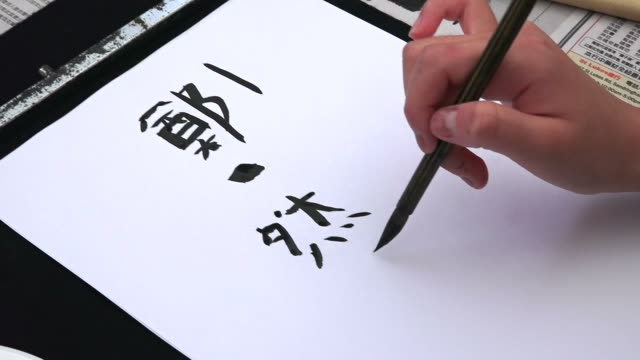Study In Japan
About Japan
Japan, often referred to as "Nippon", "Nihon" or more commonly, "The Land of the Rising Sun", is an island nation in East Asia that is situated north-west of the Pacific Ocean. There are about 700 universities in Japan, 10 of which are in the top 200 in the world. Furthermore, it demonstrates the extraordinary academic dedication of Japan, which has the second-highest number of Nobel Prize winners globally. Studying abroad in Japan will provide you access to a top-notch education and an interesting student lifestyle. Studying abroad in Japan will provide you the opportunity to experience life in the world's third largest economy, regardless of your chosen major, considering Japan is a major financial power.
Why study in Japan?

Over 300,000 foreign students have chosen Japan as their study destination over the years for many different kinds of reasons. The academic environment in Japan is the primary draw for international students seeking to study abroad. Here, you can study innovative technologies and get the knowledge that fueled Japan's extraordinary peacetime economic boom. Many universities and colleges in Japan have state-of-the-art research, computing, and library facilities. Numerous Bachelor's, Master's, and PhD programs are accessible for you to choose from. If you can demonstrate your language skills, you can learn in either Japanese or English. In Japan, the most sought-after degrees are business and economics, science and technology, education, or the humanities. A bachelor's degree can be obtained in four years at both universities and junior colleges, and some even offer six-year programs leading to professional degrees. In Japan, the only establishments classified as higher education are universities and junior colleges.
The Japanese university system follows a 4-scale grading system:
- A: yū (優) Very Good (80-100%)
- B: ryō (良) Good (70-79, 99%)
- C: ka (可) Average, Pass (60-69, 99%)
- F: fuka (不可) Fail (0-59, 99%)
Housing & Living Costs in Japan
Japan is among the safest countries in the world to study abroad, with notably low rates of crime.
This makes the country an attractive option for security-conscious students. When compared to other
study abroad countries, Japan has expensive living expenses, particularly if you decide to live in
Tokyo, the country's capital. All of it, though, is dependent upon the location and lifestyle you
select. Japan's most affordable cities, Osaka, Okinawa, Kyoto, Fukuoka, Sapporo, or Yokohama, are among the
best places for students. As a part-time employee, you can work up to 28 hours each week. Living in
a dorm at a university is an excellent way for an international student to cut living expenses in
Japan. While there are government-run and university-run dorms for students, most international
students reside in private housing because there are limited dorm rooms. Another well-liked choice
is what is known as guesthouses, or "the foreigner houses" in Japanese (gaijin houses). These are
the more affordable dwelling types that can be rented for a shorter duration of time.
Average living costs in Japan (Approx):
- Meal: 900.00 ¥
- Monthly rent: From 57 to 83,000.00 ¥
- Monthly Transport: 10,000.00 ¥
Language & Culture in Japan

Since one of Japan's distinctive features is the way it combines ancient customs with leading-edge technology, learning about the country's 5,000-year history and how it has shaped its culture to this day will allow you to witness a whole new, interesting way of living. There will be plenty of opportunities to sample a wide range of delectable, exotic meals, such as tempura, ramen, and sushi. You will also be astonished to gain an entirely novel perspective by taking part in Japanese culture, such as Japanese calligraphy, taiko drumming, and the shamisen (a Japanese musical instrument), as well as by the Japanese martial arts, which are primarily taught at universities and include Judo, Kendo, Kyudo, and Karate. The politeness and timeliness of the Japanese people are two of their main traits. The writing system in Japanese is composed up of three distinct character sets: hiragana, katakana, and kanji. This makes the language distinctive. The fact that Japanese literature can be written in two different styles—traditional Japanese style, which uses vertical columns from the right to the left side of the page, or Western style, which uses horizontal rows from top to bottom—is more startling. When visiting the nation, be prepared for the widespread usage of both writing styles. Japan features one of the best health care systems in the world, a very high life expectancy, and the safest and most tranquil travel destinations.